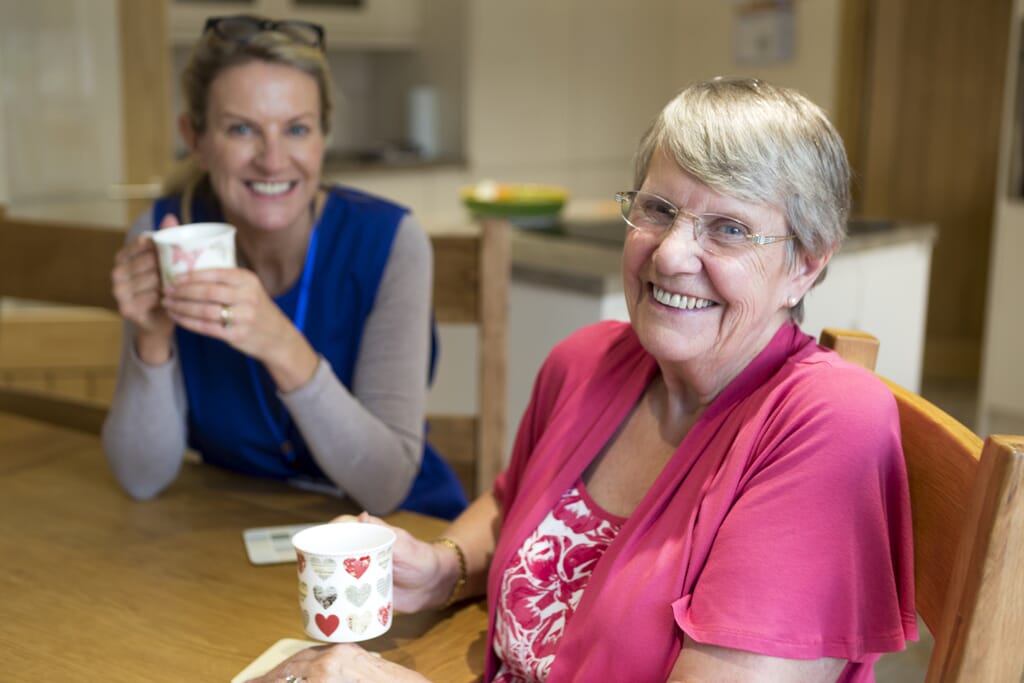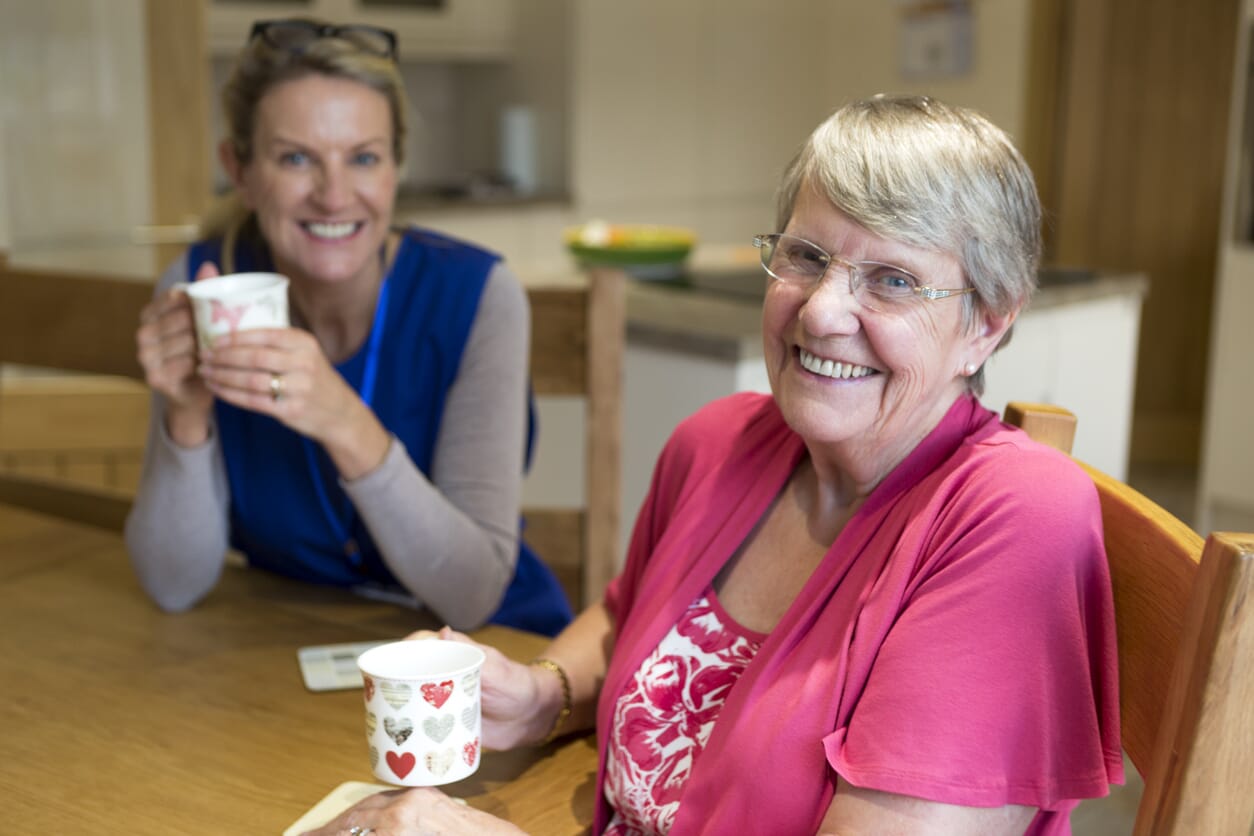Call: 01242 383 773 Or Email us

Complex Care
What is a complex care assistant?

A complex care assistant is a professional who provides specialised support to individuals with long-term health conditions or disabilities. A complex care assistant differs from a typical carer as they will provide some sort of medical care.
Safehands are a CQC certified home care agency specialising in complex care, we provide care assistants that are specially trained to support individuals with complex conditions. Below we will discuss the duties of a complex care assistant and how they can help you or your loved ones.
Duties of a complex care assistant
Complex care assistants play a vital role in supporting individuals with chronic health conditions and, disabilities, injuries, as well as those who require feeding tubes. Their duties include:
1. Personal care
Assisting with daily tasks such as bathing, dressing, and grooming, ensuring the individual’s comfort and dignity. They also help with medication management, mobility assistance, and supporting individuals in maintaining good hygiene.
2. Family support
Providing emotional and practical support to family members. Help families cope with the challenges of caring for their loved ones. This may involve offering respite care, guidance on managing the individual’s condition and connecting family members with relevant support services.
3. Care packages
Collaborate with health professionals to implement tailored care packages based on the person’s needs and preferences. This can include creating a care plan with specific therapies and support services to maintain the individual’s health and well-being.
4. Person-centred care
Delivering care that focuses on the individual’s needs, goals, and preferences, and helping provide quality of life. This involves developing a strong rapport with the individual and their family, actively involving them in decision-making processes, and ensuring that their voices are heard and respected.
5. Social care and support
Promoting social interactions and providing friendship, helping to reduce feelings of isolation and loneliness. This can include organising outings, engaging in meaningful activities, and supporting the individual in maintaining connections with friends and community members.
6. Coordination with healthcare professionals
Working closely with doctors, nurses, therapists, and other healthcare providers to ensure seamless and coordinated care. This may involve attending appointments with the individual, updating healthcare professionals on the individual’s progress, and advocating for the individual’s needs.
7. Monitoring and reporting
Regularly assessing the individual’s condition, tracking their progress, and reporting any changes or concerns to healthcare professionals and family members. This helps to ensure that the individual’s care plan remains up-to-date and effective.
The importance of person-centred care plans
A person-centred care plan is a comprehensive document that outlines an individual’s healthcare needs, treatment, and support requirements. These care plans are crucial for complex care, as they:
- Ensure that care is tailored to the individual’s unique needs and preferences.
- Enable care assistants to deliver care in a consistent and coordinated manner.
- Facilitate communication and collaboration between the individual, their family, and healthcare professionals.
- Allow for regular reviews and adjustments to the care plan as the individual’s needs change.
How long does complex care last?
The duration of complex care depends on an individual’s needs and circumstances. Some individuals require short-term support following a hospital stay this is called Reablement Care, while others may need complex continuing care due to a chronic condition. Complex care packages are flexible and can adapt to the individual’s changing needs, ensuring they receive the appropriate level of support for as long as necessary.
How to hire a complex care assistant
Hiring a complex care assistant involves finding a qualified professional with experience in providing specialised support to individuals with long-term health conditions or disabilities. To hire a complex care assistant, follow these steps:
- Research reputable care agencies that specialise in complex care services, such as Safehands Healthcare.
- Review the qualifications, and experience of candidates, ensuring they align with your needs and preferences.
- Conduct interviews with care assistants to assess their compatibility with the individual and their family, focusing on communication skills, empathy, and their approach to person-centred care.
- Check references and verify the candidate’s credentials, including any necessary background checks and professional certifications.
- Discuss the care plan and expectations with the chosen complex care assistant, ensuring they understand the individual’s needs, goals, and preferences.
- Establish a trial period to assess the care assistant’s performance and fit with the individual and their family.
- Regularly review the care assistant’s performance and the individual’s progress, making any necessary adjustments to the care plan or staffing arrangements as needed.
If you are looking to hire a complex care assistant for either a family member or yourself, our team will be happy to assist you. To find out more details, call a member of your local Safehands Healthcare team on 01242 505415.




